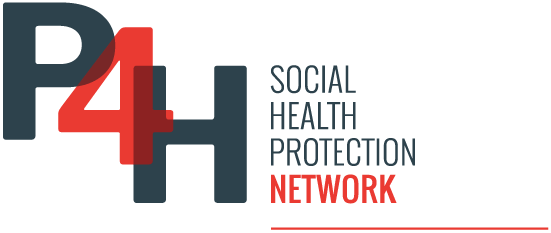
State Health Insurance Fund of Uzbekistan has announced piloting state health insurance for the first time in the nation
Among the Post-Soviet countries, historically only the Government was responsible for ensuring universal access to health care. But over time the governments failed to fund health care systems at a level that would ensure not only universal access, but also...
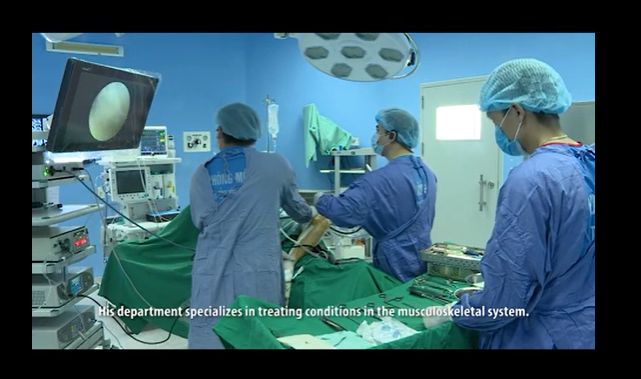
Vietnam’s Rural Population Enjoys Better Healthcare Services Thanks to Smart Investment in Hospital Upgrading
https://www.worldbank.org/en/news/feature/2021/03/01/vietnams-rural-populace-enjoys-better-healthcare-services
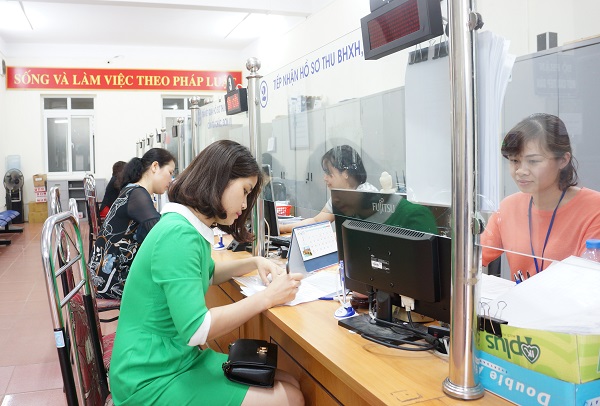
Significance, practicality of Vietnam health insurance in the COVID-19 era
https://vss.gov.vn/english/news/Pages/vietnam-social-security.aspx?ItemID=9820&CateID=198
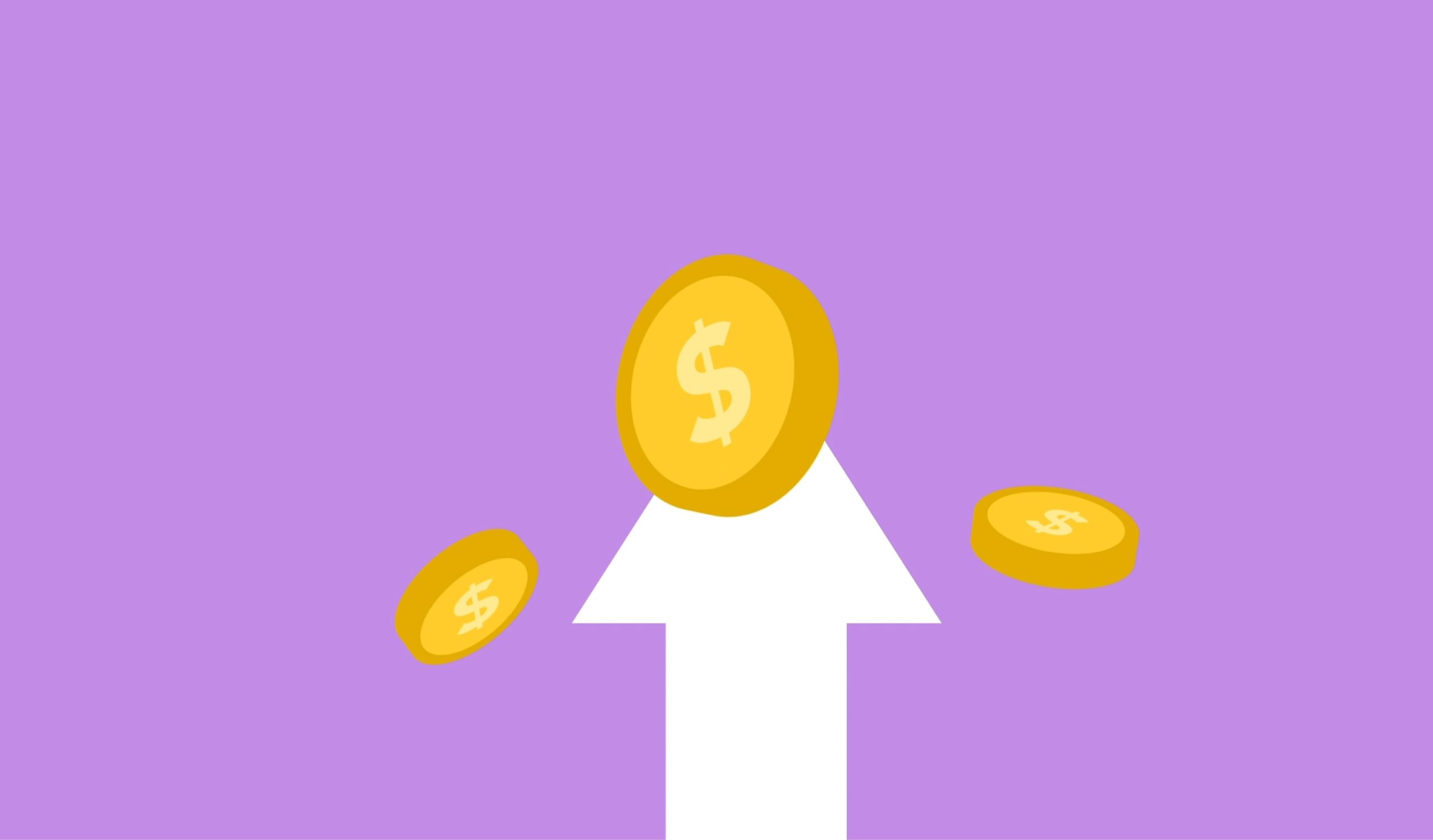
Budget 2021: A better health system for all New Zealanders
Following the announcement of major structural reform of the New Zealand health system in April, the health allocation budget 2021 has been announced. An extra $200 million over four years to Pharmac for more medicines, treatments, and personal medical...

I Congress of Clinical Pharmacologists of Kazakhstan
On May 27-28, 2021 in the city of Nur-Sultan is held I (first) Congress of Clinical Pharmacologists of Kazakhstan online Given that a key item of health care expenditure is medicines (medicines), there is a growing interest and importance in every health...
Vaccination against COVID-19 in Tajikistan: the role of joint efforts
Tajikistan’s population started receiving vaccines against COVID-19 in a phased approach, starting from March 22, 2021, as the national Khovar agency reported with reference to a decree of the Government of Tajikistan. President Rahmon's order for vaccinations has...

Covid-19: Cost of PCR test reduced from 50,000f to 25,000 Fcfa
As of today, May 7, 2021, the price of the Covid-19 test has been reduced from 50,000 Fcfa to 25,000 Fcfa for travelers to and from Côte d'Ivoire by air. This new measure is the consequence of a decision taken by the Conference of Heads of State and Government of the...
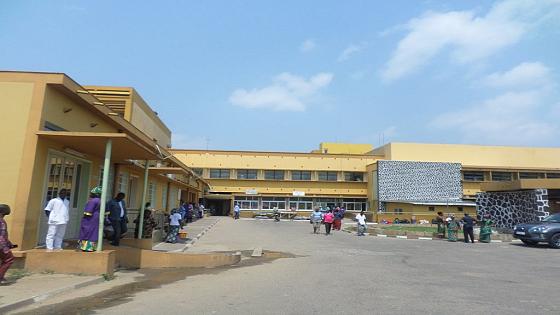
DRC: the need to strengthen the healthcare system through investment
Faced with several cycles of the Ebola virus epidemic, the country, with the support of its PTs, has put in place systems and undertaken actions that have helped to strengthen the capacities of health facilities, which are now better equipped to monitor alerts that...
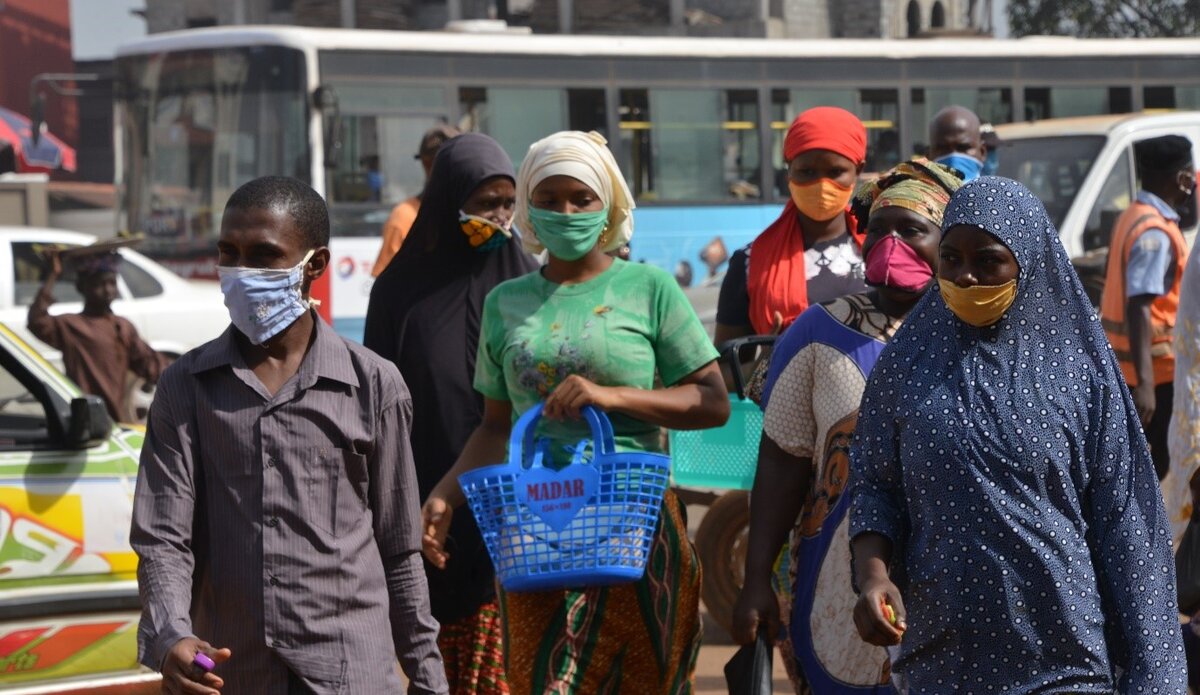
Guinea Covid 19: free treatment for patients
The French Ministry of Health has clarified the hospitalization and treatment of people infected with Covid-19. In a press release, the department informs the country's public and private facilities that treatment of patients is free of charge and must only be...
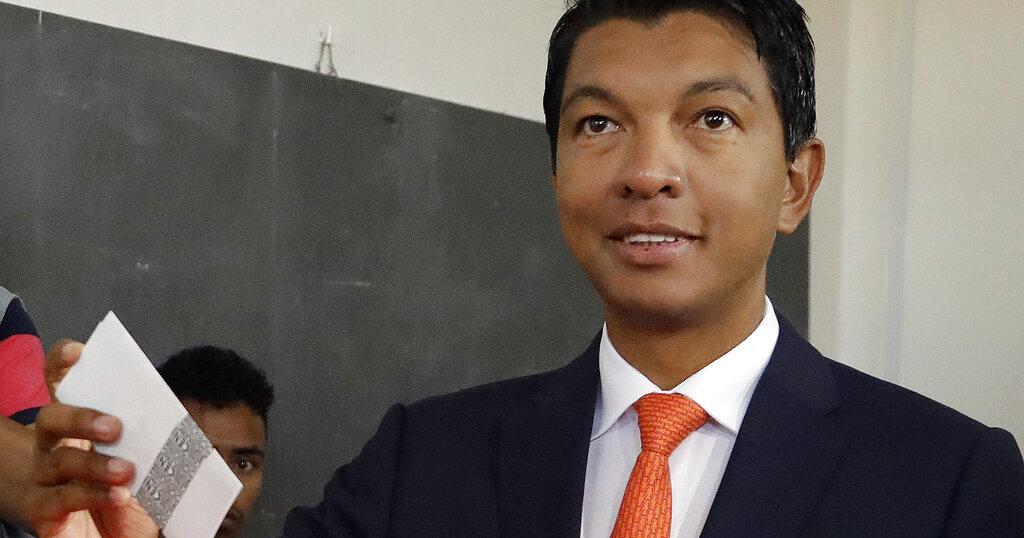
Fighting Covid19 in Madagascar: A $264 million plan
The national vaccination deployment plan , drawn up jointly by the Ministry of Public Health and Madagascar's National Academy of Medicine, sets out a three-year plan for vaccination against Covid-19 in Madagascar. The first phase begins this Friday, with the...
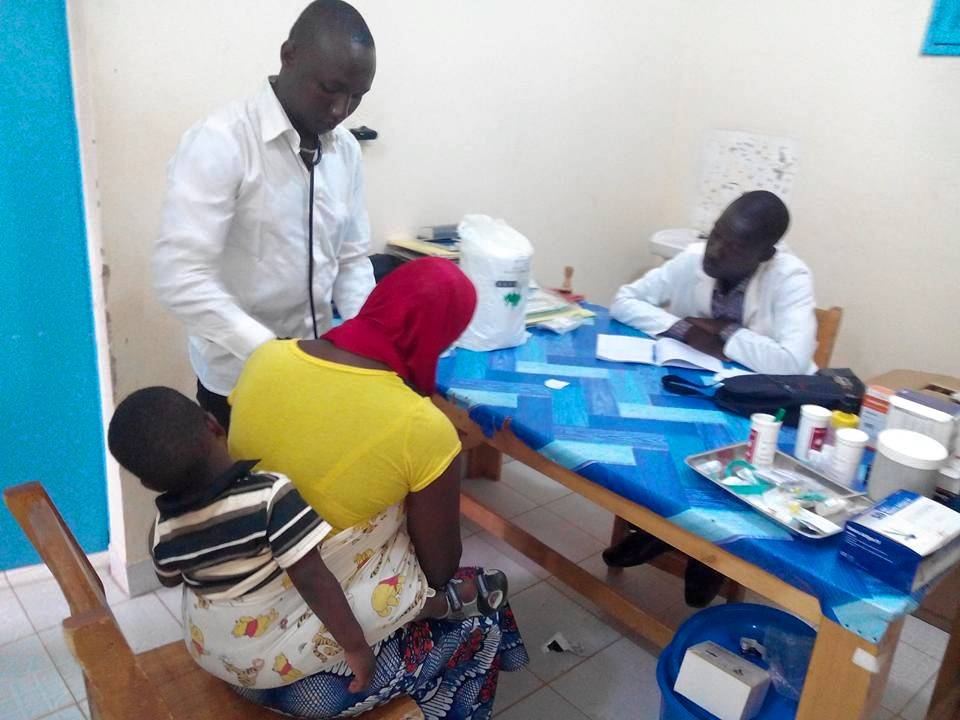
Niger: I3S project feedback meeting and INAM presentation
As part of the CSU operationalization process, the Research and Programming Department, in partnership with AFD, is organizing a workshop to review the I3S project, which is drawing to a close, and to present the INAM project. Around the INAM project, AFD is...

The Indonesian Government extends compensation for COVID-19 Vaccine side effects through its National Health Insurance Scheme
Indonesian citizens who experience post-COVID 19 immunization incidents that require treatment and medical care and/or lead to disability and death will now receive guaranteed compensation from the government. Active National Health Insurance (JKN) program...
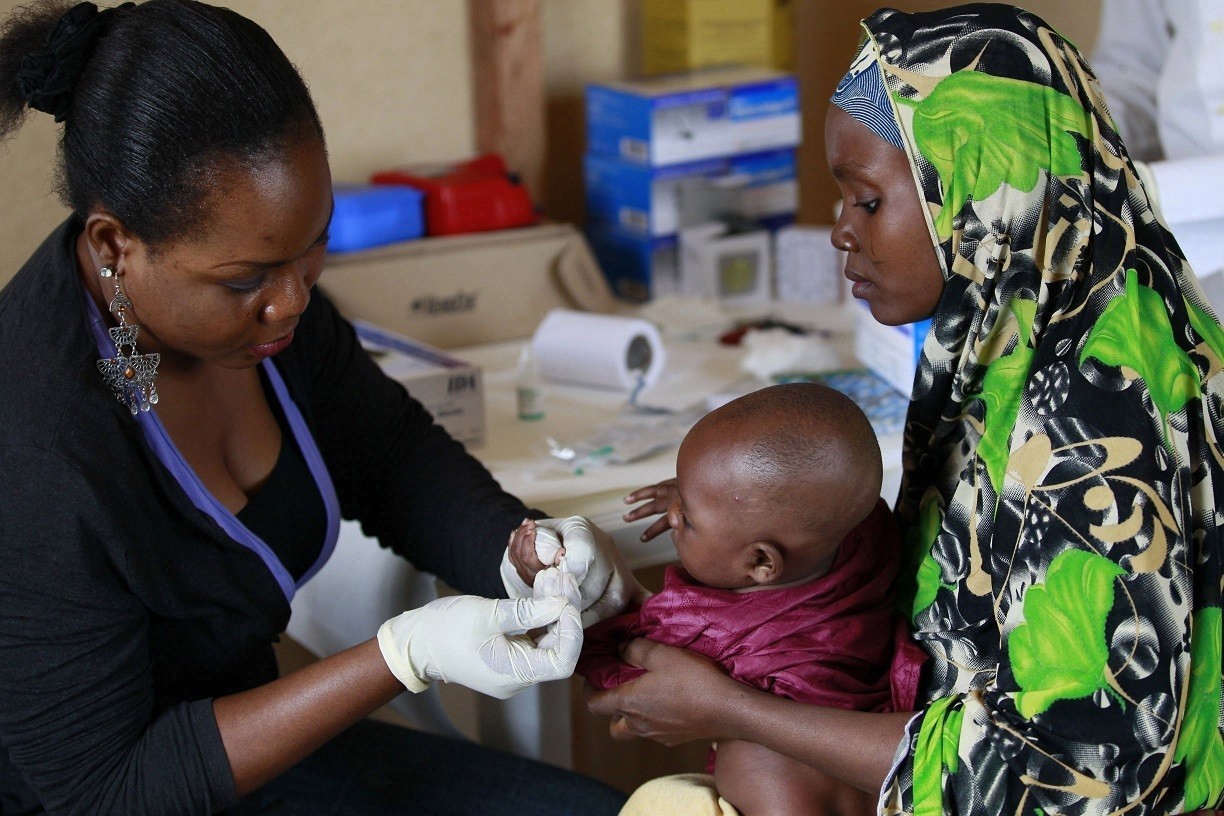
Exploring the scope and development of SHP in Cameroon
Research paper using scoping review methods to identify and extract data from relevant SHP studies and documents published between 2000 and 2019, which focused on Cameroon. The results indicate that achieving the full potential of SHP in Cameroon will...

Burkina Faso: improving the health system is on the agenda
A toll-free number to help improve health in Burkina Faso. The AGIR/ santé en développement association aims to involve citizens in health governance by strengthening community participation in health-related decision-making. To this end, it has launched a free,...
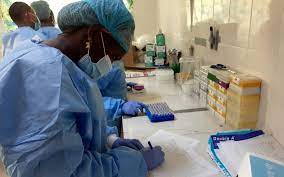
Harmonization of Covid-19 test prices: Benin will comply, reassures the Government
Benin will comply with the decision of the West African Economic and Monetary Union (UEMOA) to harmonize the price of PCR tests for Covid-19 in member countries. Following in the footsteps of countries such as Côte d'Ivoire, which have already adopted the...
